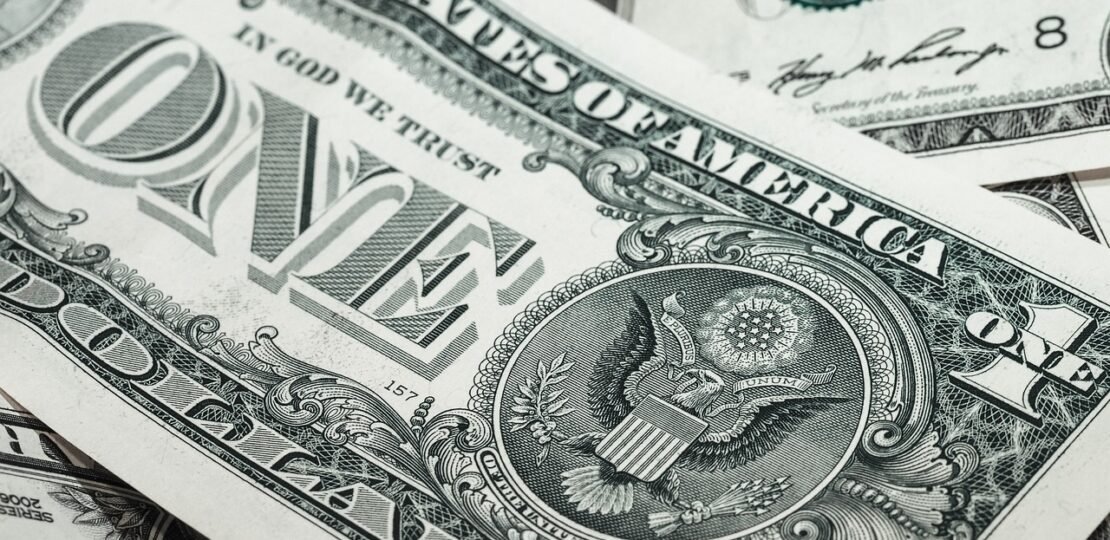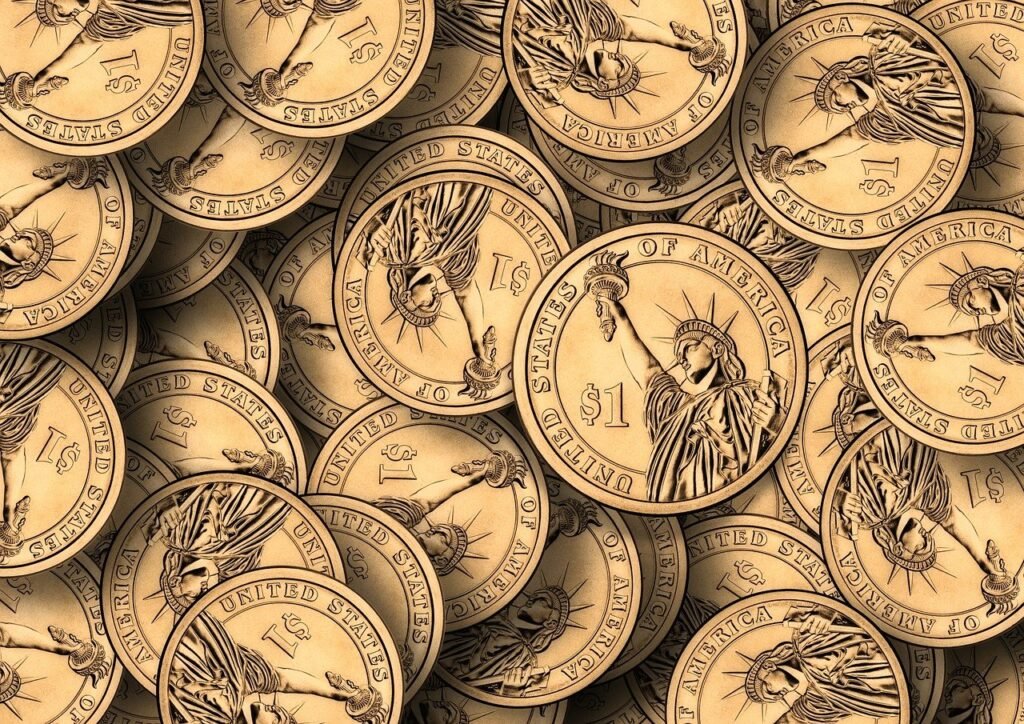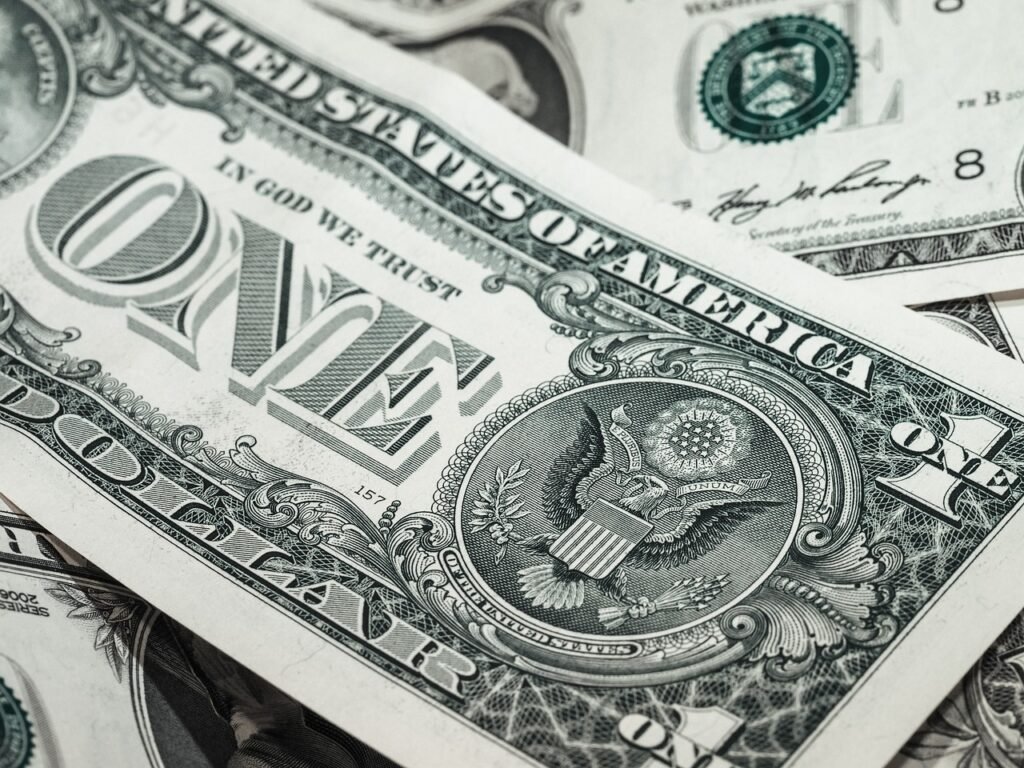
Step into the captivating world of the “Journey through the Cardholder Chronicles” as you embark on a thrilling adventure through the ins and outs of being a cardholder. In this fascinating article, you’ll discover a wealth of insights, tips, and tricks that will help navigate the vast landscape of credit cards, rewards, and financial empowerment. Embark on this journey of discovery and unlock the secrets to becoming a savvy and confident cardholder.
Check out our product reviews.
Benefits of Having a Credit Card
Earn Reward Points
Having a credit card can offer numerous benefits and one of them is the ability to earn reward points. Many credit card providers offer rewards programs that allow you to accumulate points every time you use your card for purchases. These reward points can be redeemed for a variety of items such as travel, merchandise, or even cashback. By using your credit card for everyday expenses and paying off the balance in full each month, you can maximize your reward points and make the most out of your card.
Enjoy Cashback Offers
Another great benefit of having a credit card is the opportunity to enjoy cashback offers. Many credit card providers offer cashback on specific categories of spending, such as groceries or gas. This means that for every dollar you spend in those categories, you will receive a percentage back as cashback. It’s like getting a discount on your everyday purchases without having to jump through hoops. By utilizing cashback offers, you can save money on your regular expenses and put some extra dollars back into your pocket.
Build Credit History
A credit card can also help you build a positive credit history. Your credit history plays a vital role in determining your credit score, which is used by lenders to assess your creditworthiness. By using a credit card responsibly, such as making timely payments and keeping your balances low, you demonstrate to lenders that you are a responsible borrower. This, in turn, can open up doors to better borrowing opportunities in the future, such as lower interest rates on loans or higher credit limits. Having a solid credit history is essential for achieving your financial goals and having a credit card is a great tool to help you get there.
Types of Credit Cards
Travel Credit Cards
If you love to travel, a travel credit card can be your best companion. Travel credit cards often come with perks such as travel insurance, airport lounge access, and even discounts on flights and hotel stays. These cards are designed to cater to the needs of frequent travelers, allowing them to earn miles or points that can be redeemed for flights, upgrades, or other travel-related expenses. Some travel credit cards also offer additional benefits like complimentary travel concierge services or exclusive travel offers. If you find yourself jetting off frequently, a travel credit card is definitely worth considering.
Cashback Credit Cards
Cashback credit cards are perfect for those who prefer instant savings on their purchases. With a cashback credit card, you can earn a percentage of your spending back in cash. The cashback can be in the form of a statement credit, a check, or sometimes even direct deposits. These cards usually have different cashback rates for different spending categories, so you can maximize your savings by using the card for purchases that earn higher cashback percentages. Whether it’s groceries, dining, or online shopping, a cashback credit card can help you stretch your budget and make your money go further.
Balance Transfer Credit Cards
If you’re carrying a high-interest balance on another credit card, a balance transfer credit card can be a game-changer. These cards allow you to transfer your existing credit card balance to a new card with a lower or even 0% interest rate for a promotional period. By taking advantage of this promotional offer, you can save money on interest and pay off your debt faster. Balance transfer credit cards often come with a balance transfer fee, so it’s important to consider the fee and the length of the promotional period when choosing a card. If you’re looking to get out of debt and save on interest, a balance transfer credit card can be a valuable tool.

This image is property of pixabay.com.
Check out our product reviews.
Choosing the Right Credit Card
Assessing Your Spending Habits
Before choosing a credit card, it’s important to assess your spending habits and financial goals. Consider your typical spending categories and determine what type of rewards or benefits would be most valuable to you. If you spend a significant amount on travel, a travel credit card may be the best fit. On the other hand, if you prioritize cashback and saving money on everyday expenses, a cashback credit card would be a better choice. Understanding your spending habits and aligning them with the right credit card can help you maximize your rewards and benefits.
Comparing Annual Percentage Rate (APR)
When choosing a credit card, it’s crucial to consider the Annual Percentage Rate (APR) that will be charged on balances carried forward from month to month. The APR represents the cost of borrowing on a yearly basis and can vary significantly from card to card. If you anticipate carrying a balance on your credit card, it’s important to choose a card with a low-interest rate. However, if you plan on paying your balance in full each month, the interest rate may not be as critical of a factor. Take the time to compare the APRs of different credit cards to ensure you’re making an informed decision.
Considering Annual Fees
Some credit cards come with annual fees that can range from a few dollars to several hundred dollars. While these fees may seem like an unnecessary expense, it’s important to weigh the benefits and perks offered by the card against the cost of the annual fee. If the card’s rewards and benefits outweigh the fee, it may be worth considering. However, if you don’t plan on utilizing the card’s features or if the rewards don’t align with your spending habits, it may be wise to opt for a card with no annual fee. Carefully consider the cost-benefit analysis before applying for a credit card with an annual fee.
Applying for a Credit Card
Researching Various Credit Card Providers
When it comes to applying for a credit card, it’s essential to research various credit card providers to find the one that best suits your needs. Look into different banks, credit unions, and online credit card providers to explore the options available. Consider their reputation, customer reviews, and the range of credit cards they offer. Look for providers that have favorable terms, competitive interest rates, and excellent customer service. By conducting thorough research, you can make an informed decision and choose a credit card provider that you can trust and rely on.
Checking Eligibility and Requirements
Before applying for a credit card, it’s essential to check the eligibility requirements set by the credit card provider. These requirements can include factors such as minimum age, minimum income, and credit score. Ensure that you meet these requirements before submitting an application to avoid unnecessary rejections, which can adversely affect your credit score. Additionally, take a look at the specific documentation and information needed to complete the application process. Being prepared with the necessary documents and information will streamline the application process and increase your chances of approval.
Filling out the Application Form
Once you have chosen a credit card and confirmed your eligibility, it’s time to fill out the application form. The application form will typically require personal information such as your name, address, social security number, and employment details. It’s important to provide accurate and truthful information to avoid any delays or complications in the approval process. Take the time to carefully review the application form before submitting it to ensure that all the required information is provided. If you have any questions or concerns, don’t hesitate to reach out to the credit card provider’s customer service for assistance.

This image is property of pixabay.com.
Using Your Credit Card Responsibly
Avoiding Impulsive Purchases
One of the most important aspects of using a credit card responsibly is to avoid impulsive purchases. It can be tempting to make spontaneous purchases with the convenience of a credit card, but it’s crucial to practice self-discipline and only spend within your means. Before making a purchase, take a moment to consider if it’s a necessary expense and if you have the means to pay off the balance in full when the statement arrives. By avoiding impulsive purchases, you can maintain control of your finances and prevent unnecessary credit card debt.
Paying off Balances in Full
To ensure the best financial health, it’s essential to pay off your credit card balances in full each month. Paying the total balance prevents the accumulation of interest charges, helping you avoid unnecessary debt and fees. By making timely payments, you establish a positive payment history, which can have a positive impact on your credit score. Set reminders or automate payments to avoid missing due dates and incurring late fees. Making full payments demonstrates responsible credit card usage and sets you up for a solid financial future.
Monitoring Credit Utilization Ratio
Credit utilization ratio refers to the amount of credit you are currently using compared to your total available credit. Keeping your credit utilization ratio low is key to maintaining a healthy credit score. Ideally, you should aim to keep your credit utilization below 30%. Be mindful of your spending and ensure it doesn’t cause your credit utilization to spike. Regularly review your credit card statements and track your spending to ensure that you’re staying within your desired credit utilization ratio. By monitoring your credit utilization, you can maintain good credit health and improve your chances of qualifying for favorable borrowing terms in the future.
Understanding Credit Card Statements
Reviewing Transactions and Charges
When your credit card statement arrives, it’s crucial to review it thoroughly. Take the time to go through all the transactions listed on the statement and ensure they are accurate and authorized. If you notice any discrepancies or unfamiliar charges, contact your credit card provider immediately to report the issue. Additionally, review the fees section of your statement to understand any charges that have been applied. By carefully reviewing your statements, you can catch any errors or fraudulent activities early on and protect your financial well-being.
Recognizing Interest Charges
If you carry a balance on your credit card, it’s important to review your statement for any interest charges that have been applied. Interest charges are the cost of borrowing money and can quickly add up if you’re not careful. Take note of the interest rate being charged and calculate the amount of interest you’re paying each month. This can serve as a motivator to pay off your outstanding balance as soon as possible to avoid further interest charges. By recognizing interest charges, you can strategize your debt repayment plan and work towards becoming debt-free.
Verifying Payment Due Dates
Every credit card statement includes a payment due date, which is the deadline for making your payment. It’s crucial to verify this date and ensure that you make your payment on time to avoid late fees and negative impacts on your credit score. Consider setting up payment reminders or automating payments to ensure that you never miss a due date. If you’re unable to make a payment on time, reach out to your credit card provider as soon as possible to discuss potential alternatives or payment arrangements. By verifying payment due dates and staying on top of your payments, you can maintain a positive credit history and avoid unnecessary fees.

This image is property of pixabay.com.
Tips for Managing Credit Card Debt
Creating a Budget
If you find yourself struggling with credit card debt, creating a budget is a crucial step towards regaining control of your finances. Take the time to assess your income and expenses and create a realistic budget that aligns with your financial goals. Determine how much you can allocate towards paying off your credit card debt each month and adjust your spending accordingly. By adhering to a budget, you can prioritize debt repayment and work towards becoming debt-free.
Prioritizing Debt Repayments
When dealing with multiple credit card debts, it’s important to prioritize your repayments. Consider factors such as interest rates and outstanding balances to determine which debts to tackle first. You may opt to pay off debts with the highest interest rates first to minimize the amount of interest you pay over time. Alternatively, you can start with the debt with the lowest balance to gain a sense of accomplishment and motivation. Whichever approach you choose, make regular payments towards your debts and avoid the temptation to only make minimum payments. By prioritizing debt repayments, you can accelerate your journey towards a debt-free life.
Seeking Professional Help if Needed
If your credit card debt has become overwhelming and unmanageable, it may be beneficial to seek professional help. Credit counseling agencies and debt management companies can provide guidance and assistance in creating a debt repayment plan. They can negotiate with creditors to potentially lower interest rates or set up structured repayment arrangements. If you’re feeling overwhelmed, don’t hesitate to reach out to a professional for support. Remember that you’re not alone, and there are resources available to help you regain control of your finances.
Avoiding Common Credit Card Mistakes
Skipping Credit Card Payments
Skipping credit card payments can have serious consequences for your financial health. When you miss a payment, you may be charged a late fee, and it can also negatively impact your credit score. Additionally, missed payments can result in penalty interest rates, making it even more challenging to pay off your debt. Make it a priority to always make at least the minimum payment on your credit card each month. If you’re unable to make the full payment, reach out to your credit card provider to discuss potential alternatives or payment arrangements.
Maxing Out Credit Limits
Maxing out your credit card limits can be detrimental to your credit score and overall financial well-being. Credit utilization ratio, which is the percentage of your available credit that you’re currently using, plays a significant role in your credit score. Maxing out your credit limits indicates a heavy reliance on credit and can lower your score. Additionally, carrying high balances can lead to interest charges and make it challenging to pay off your debt. It’s important to be mindful of your credit limits and strive to keep your credit utilization low to maintain a healthy credit score.
Ignoring Credit Card Terms and Conditions
Credit card terms and conditions outline important details that you need to be aware of as a cardholder. It’s crucial to familiarize yourself with these terms and understand how they can impact your usage of the card. Pay attention to factors such as interest rates, fees, and rewards program specifications. By understanding the terms and conditions, you can avoid surprises or misunderstandings and make the most out of your credit card benefits.
Protecting Yourself from Credit Card Fraud
Monitoring Card Activities Regularly
Staying vigilant and monitoring your credit card activities regularly is essential for protecting yourself from credit card fraud. Regularly review your credit card statements and online account for any unauthorized transactions or suspicious activities. Report any discrepancies or fraudulent charges to your credit card provider immediately. Being proactive and monitoring your card activities can help detect fraud early on and minimize any potential financial losses.
Keeping Card Information Secure
Maintaining the security of your credit card information is crucial in preventing fraud. Be cautious when sharing your card details online or over the phone, and only provide them to trusted sources. Avoid storing your credit card information on websites or apps unless it is a reputable and secure platform. Additionally, consider enabling two-factor authentication for online transactions when available. By keeping your card information secure, you minimize the risk of unauthorized use and protect your financial well-being.
Reporting Suspicious Transactions
If you suspect any fraudulent activity on your credit card, it’s important to report it immediately. Contact your credit card provider’s customer service and inform them of the suspicious transactions. They can guide you on the steps to take, such as limiting card usage, blocking the card, or initiating an investigation into the fraudulent activity. By reporting suspicious transactions promptly, you can minimize the impact of fraud on your finances and prevent further unauthorized use of your card.
Important Factors to Consider When Traveling with Credit Cards
Checking Foreign Transaction Fees
If you’re planning to travel internationally, it’s crucial to check the foreign transaction fees associated with your credit card. Foreign transaction fees are charges imposed on purchases made in a foreign currency or outside of your home country. These fees can vary from card to card and can significantly impact your overall travel expenses. Look for credit cards that offer low or no foreign transaction fees to avoid unnecessary charges while enjoying your trip.
Informing Credit Card Providers about Travel Plans
Before traveling, it’s important to inform your credit card providers about your travel plans. This is especially crucial if you’re traveling abroad or to a location where your usual spending patterns may change. By notifying your credit card providers in advance, you can avoid unnecessary disruptions to your card usage. This also helps the providers’ fraud detection systems recognize that the transactions made during your trip are legitimate and not potentially fraudulent.
Using EMV Chip Cards
When traveling, it’s recommended to use credit cards equipped with EMV chip technology. EMV (Europay, Mastercard, and Visa) chip cards provide enhanced security and protection against counterfeit or fraudulent transactions. Many countries have transitioned to EMV chip technology, and using an EMV chip card can make your transactions more seamless and secure. Ensure your credit card has the EMV chip feature before embarking on your travel adventures.
In conclusion, having a credit card can bring various benefits such as earning reward points, enjoying cashback offers, and building credit history. It’s important to choose the right credit card based on your spending habits, compare APRs, and consider any annual fees. When applying for a credit card, research various providers, check eligibility requirements, and fill out the application form accurately. Using your credit card responsibly involves avoiding impulsive purchases, paying off balances in full, and monitoring your credit utilization ratio. Understanding credit card statements, managing credit card debt, and avoiding common mistakes are essential for maintaining good financial health. Protecting yourself from credit card fraud requires monitoring your card activities, keeping your card information secure, and reporting suspicious transactions promptly. Lastly, when traveling with credit cards, check foreign transaction fees, inform your credit card providers about your travel plans, and consider using EMV chip cards for enhanced security. By following these tips and being a responsible credit card user, you can make the most out of your credit card while safeguarding your financial well-being.
RELATED POSTS
View all


